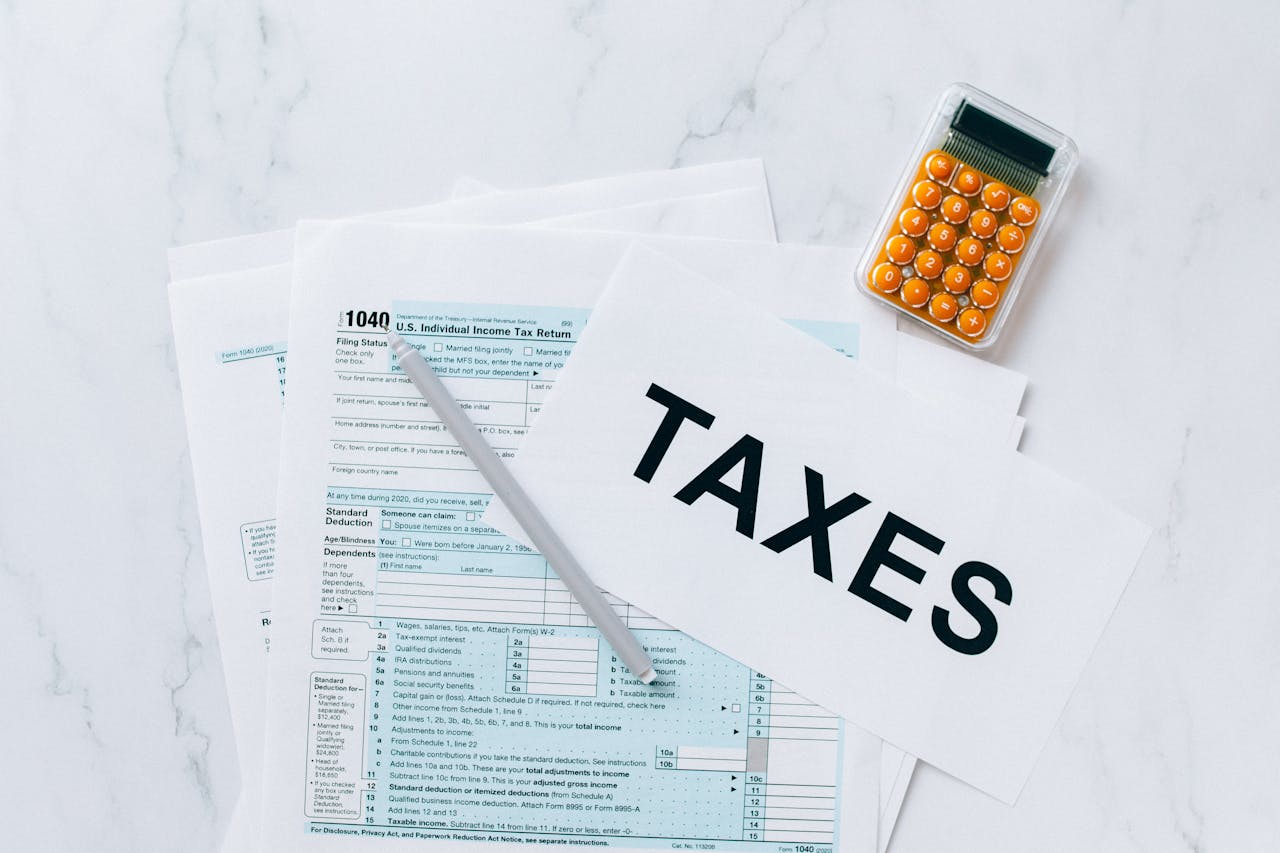Emergency Medical and Family Leave Expansion Act (EFMLA)

Until now, the Family and Medical Leave Act (FMLA) was only applicable to larger employers, was focused primarily on job protection and did not mandate any pay. This emergency act, however, while it also provides job protection, includes...
Until now, the Family and Medical Leave Act (FMLA) was only applicable to larger employers, was focused primarily on job protection and did not mandate any pay. This emergency act, however, while it also provides job protection, includes a requirement to pay the employee while on leave.
- This act is applicable to all employers that have less than 500 employees.
- Every employee that has been on payroll for 30 calendar days is entitled to up to 12 weeks of leave for a “qualifying need related to a public health emergency,” which is limited to circumstances where an employee is unable to work (or telework) due to a need to care for a son or daughter under 18 years of age if the school or place of care has been closed, or the childcare provider is unavailable.
- The first 10 days of leave is not paid leave. After 10 days, they are entitled to up to 10 weeks of paid leave, with a rate not less than two thirds of the employee’s regular rate, and limited to a maximum of $200/day and $10,000 total. The number of hours employees get paid for is the number of hours the employee would otherwise be scheduled to work had they not been on leave.
- This obligation ends if the school reopens or when the school would have otherwise been closed, such as during the summer.
The law is scheduled to go into effect on April 2, 2020 and end December 31, 2020.
Tax credits:
Employers will be able to recover the entire funds paid under the Emergency Paid Sick Leave Act and the Emergency Medical and Family Leave Expansion Act by reducing their payroll tax liabilities dollar for dollar. The payroll taxes that are available for retention include withheld federal income taxes, the employee share of Social Security and Medicare taxes, and the employer share of Social Security and Medicare taxes with respect to all employees.
- If the employer’s tax liabilities are less than that amount paid to the employees, they will receive it from the IRS as an expedited refund which will take about 2 weeks from the date requested.
- Important Note: Employers that are not mandated by this act, such as those having 500 or more employees, may not use these tax credits. Accordingly, if an employer decides that they want to pay their employees even if not mandated, while this is very commendable, they should know that they will bear the cost and will not be reimbursed via these tax credits as it is not available for them.
The IRS has advised that they will release specific guidance on this matter by the end of this week 03-27-2020.
Brand’s Insights Have That Effect.
You’ve made it this far—why stop now? Subscribe for more payroll and HR tips that actually help your business run smoother.







.svg)
.svg)
.svg)
.svg)




